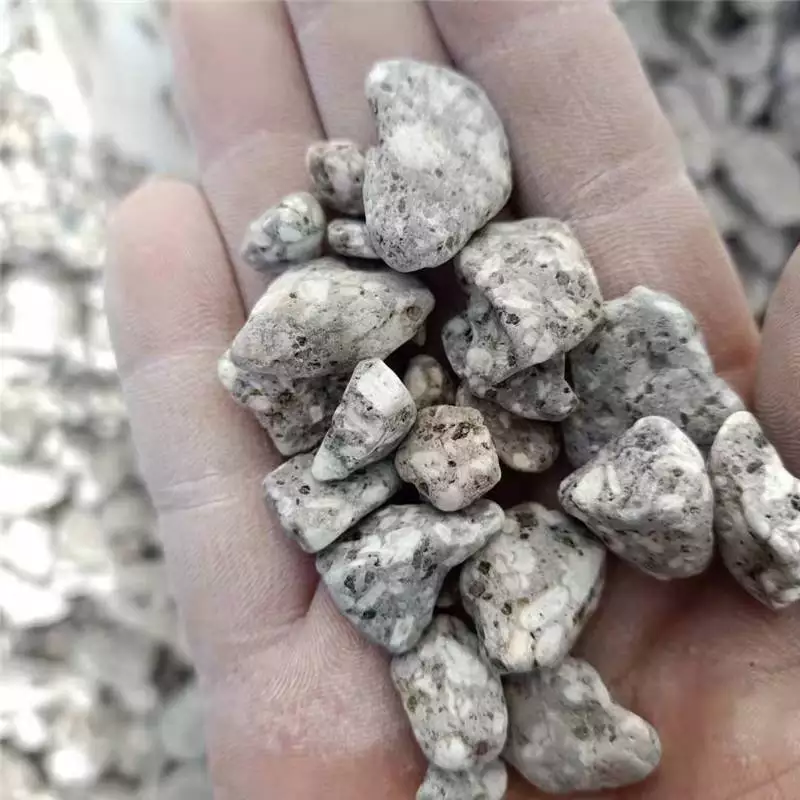
expanded clay pebbles
The Benefits and Uses of Expanded Clay Pebbles
Expanded clay pebbles, also known as lightweight expanded clay aggregate (LECA), have gained immense popularity in the agricultural and horticultural sectors due to their unique properties and versatility. These small, round, lightweight balls are created by heating clay to high temperatures (around 1,200°C), causing it to expand and form a porous structure. This process not only creates a highly effective growing medium but also supports various applications in gardening, landscaping, and hydroponics.
One of the primary benefits of expanded clay pebbles is their excellent drainage capabilities. Their porous nature allows excess water to flow away readily, preventing root rot and other water-related issues. This feature makes them ideal for hydroponic systems, where proper drainage and aeration are vital for healthy plant growth. Unlike traditional soils, which may become compacted and retain too much moisture, clay pebbles maintain an airy structure that promotes optimal root oxygenation.
In addition to excellent drainage, expanded clay pebbles offer good thermal insulation. Their ability to regulate temperature fluctuations helps protect plant roots from extreme heat or cold. When used in gardening, the pebbles can create a stable environment for roots, encouraging growth and development throughout the year. This temperature control is especially beneficial in regions with variable climates where temperature extremes can be detrimental to plant health.
expanded clay pebbles

Another key advantage of using expanded clay pebbles is their lightweight nature. This makes them easier to transport and handle compared to traditional soil. Gardeners and landscapers can create green roofs, vertical gardens, or raised beds with minimal added weight, allowing for more diverse gardening solutions, especially in urban environments. The lightweight properties also make them an excellent choice for aquaponics and greenhouses, where heavy substrates could pose structural challenges.
Moreover, expanded clay pebbles are chemically inert, meaning they do not contain any harmful chemicals that could leach into the soil. This characteristic ensures that they will not alter the pH levels or impact nutrient availability, making them suitable for growing a wide variety of plants. As a result, whether you are cultivating delicate herbs, vibrant flowers, or hearty vegetables, expanded clay pebbles provide a safe and effective growing medium.
In addition to their use in gardening and hydroponics, expanded clay pebbles also serve decorative purposes. Their natural look and earthy tones make them an attractive option for landscaping, zen gardens, and terrariums. They can be utilized as mulch to reduce weed growth and maintain soil moisture while enhancing the visual appeal of the garden.
In conclusion, expanded clay pebbles offer a multitude of benefits for gardeners, hydroponics enthusiasts, and landscapers alike. Their excellent drainage and aeration properties, lightweight nature, thermal insulation, chemical inertness, and aesthetic appeal make them a valuable addition to any growing environment. Whether you are a seasoned gardener or a novice plant lover, incorporating expanded clay pebbles into your gardening practices can lead to healthier plants and more abundant harvests. As sustainable gardening continues to gain traction, these versatile pebbles will likely remain a favored choice in modern horticulture.
Share
-
Premium Pigment Supplier Custom Solutions & Bulk OrdersNewsMay.30,2025
-
Top China Slag Fly Ash Manufacturer OEM Factory SolutionsNewsMay.30,2025
-
Natural Lava Rock & Pumice for Landscaping Durable Volcanic SolutionsNewsMay.30,2025
-
Custom Micro Silica Fume Powder Manufacturers High-Purity SolutionsNewsMay.29,2025
-
Custom Mica Powder Pigment Manufacturers Vibrant Colors & Bulk OrdersNewsMay.29,2025
-
Custom Micro Silica Fume Powder Manufacturers Premium QualityNewsMay.29,2025






